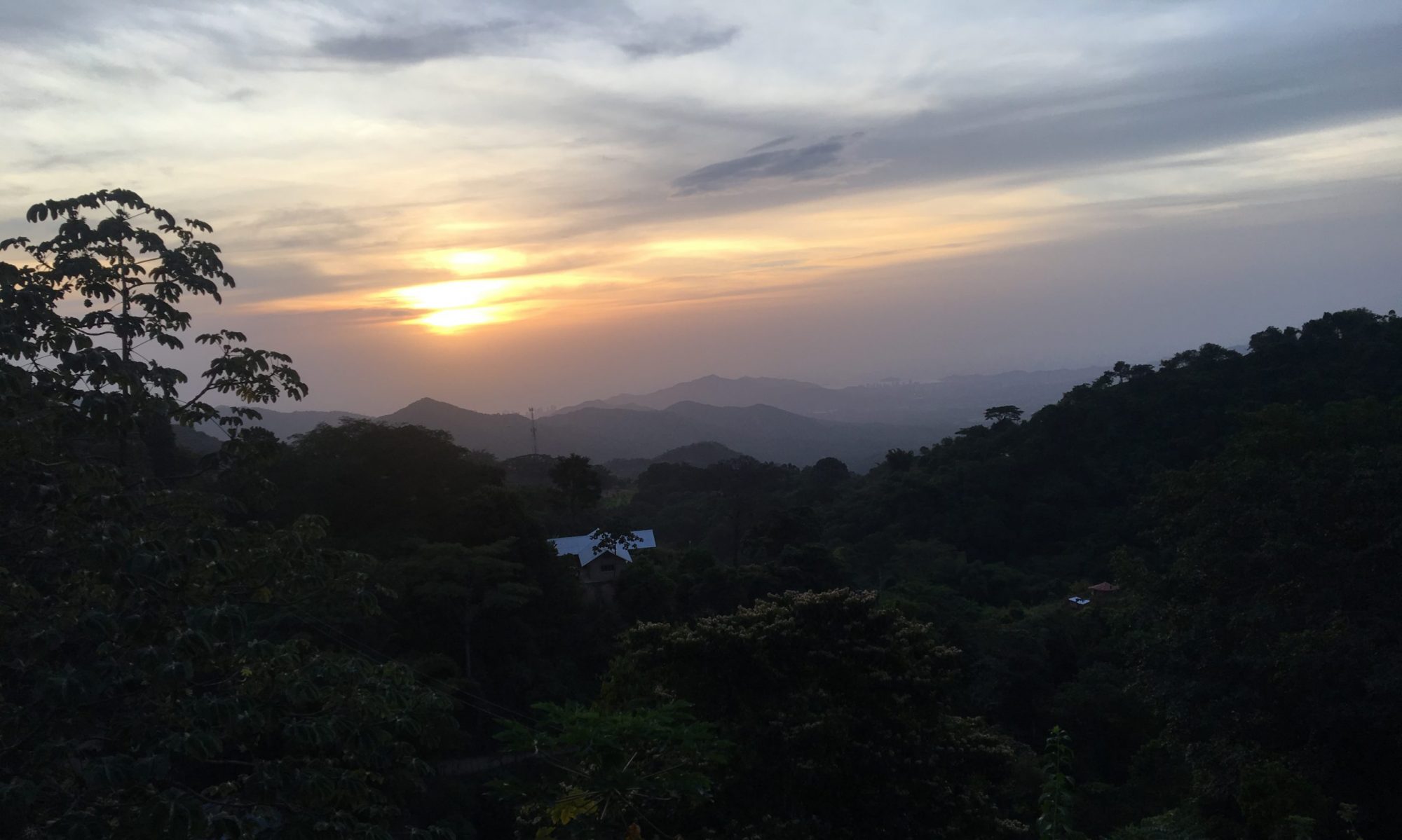The Keyword definition that struck me the most is “food sovereignty.” As someone who has been consuming store-bought food their entire life, I’m almost ashamed to say I never contemplated the idea of being in control of the production process and the ingredients that go into my body. Even now as an “adult” who is responsible for their own well being, I mostly go to the most affordable supermarket and pick out the foods that my mom taught me were good to consume, without considering GMOs, environmental impact, or other factors.
As the group mentioned, the lack of food sovereignty has historically manifested in a Latin American context in the way of foreign exploitation of farmers, natural capital and monopolization of trade. The so called “Banana Republics” are thus controlled by imperialist foreign fruit companies that terrorize mistreated farmers and generate rampant violence at a national level.
This weekend as I busted out my old copy of One Hundred Years of Solitude for my Spanish literature class, I was reminded of José Arcadio Segundo’s recount of the massacre that obliterates the population of Macondo and unleashes a long-lasting deluge that leaves the town in ruins. This passage is based on a real massacre that occurred in 1928 in Ciénaga, not too far from my hometown in Colombia.
Workers of the banana plantation owned by United Fruit Company went on strike for weeks demanding dignified working conditions such as: a proper wage (in lieu of payment through coupons), compensation for work accidents, and proper hospital services. After refusing their terms and labelling the movement as communist leaning, the U.S. government threatened to invade the territory if the Colombian government failed to protect their crops. Soon-after, 300 Colombian soldiers were sent to Ciénaga and fired at a crowd of plantain workers, their families and children, as they gathered at the main square after Sunday mass.
In the novel, José Arcadio Segundo regains consciousness after the massacre in a train wagon, his body bruised and bloody, surrounded by hundreds (he later estimates 3.000 in total) of corpses that were on their way to be discarded at sea. The number of victims of the real massacre has yet to be confirmed—various sources have estimated anywhere between 9 to over 1.000 civilians whose lives were taken in the interest of United Fruit Company.
Although I had already been aware of this tragedy (and many more atrocities committed by paramilitary groups endorsed by this company), it definitely hits a different nerve now. Enrolling in this class has made me reflect on being separated from the foods that were part of my childhood, and how if I am able to purchase them here, it’s at a much higher price than farmers in my homeland are paid for their work, not to mention the bloodshed of my ancestors.
My mind keeps coming back to every family road trip we’ve driven by the plantation zones, the abandoned railway and the main square in Ciénaga—the places that have become literal mass graves forgotten in time because “races condemned to one hundred years of solitude [do] not have a second opportunity on earth.” (Gabriel García Márquez, One Hundred Years of Solitude)

Your post productively pulls the term “food sovereignty” apart to meditate on what may happen when a community loses control of its food system. This is a powerful reflection on the intersection of sovereignty (in the form of naked power exercised by the U.S.) and usurped foodways (the lost lands and livelihood of the Colombian people). And your reading of GGM’s Cien años in term of foodways and food sovereignty is a generative and persuasive take on the work. (I just did a quick Google Scholar search and didn’t see anything on the topic… this would be an excellent research project!). Attentive and thought-provoking post, Daniela.
Hi Daniela!
Really lovely reflection on this topic and thank you so much for sharing your personal relationship with the banana plantations of Colombia. I did not realize we were in the same class with Profe Santos! Would love to get together sometime and chat with you.
I wanted to also comment that as a latinx person studying Latin America it can sometimes be incredibly difficult rehashing past trauma for our ancestors. At the moment, we have not talked about my people, who are descendants of the Tainos and still live in Puerto Rico, but its my group project and I’m a bit nervous about starting that research again. I see your connection to this week’s reflection as being similar in that reading about Columbia in 312B and then dissecting terms like food sovereignty and the violence that follows it for Colombia can be really challenging.
More so, when we can relate it to recent trauma too. Like you mentioned, Colombia has a continued strained relationship with food due to economic and political strife of outside corporations. Same goes for PR as an economically dependent ward of the US. In this climate, there is such devastation following the natural disasters this year and the political ineptitude of Trump that violence is on the rise and my family of farmers are in tough times. Having a personal connection to Latin America and food can be so challenging in this class but also super rewarding to share in our experiences with each other and our classmates so thanks again for sharing Daniela!
Talk soon!
Hi Daniela!
Your input on food sovereignty was very insightful and your example of the banana plantations and the working conditions for these workers definitely put it into perspective. I also fall guilty for not thinking past the easy access to food. When things are made easy, we normally do not think about the long process it goes through in order to get in our hands. We can afford to not give it a second thought. The influence of big corporations on foreign lands is very common and detrimental. Thank you for your post!